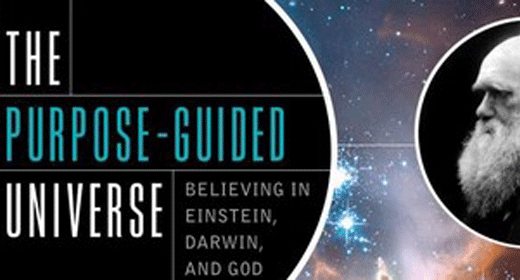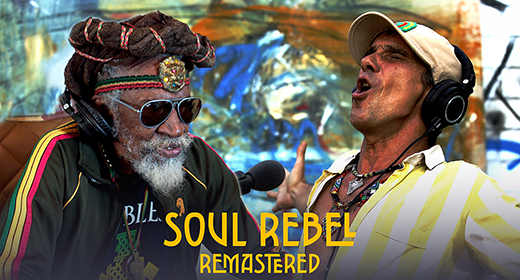by Donna Quesada: When I was growing up, it seemed everyone was impressed with those who could fix computers or who were technologically savvy in some way. They’re so intelligent, they’d say. And then there was always that family superstar who could answer the questions on Jeopardy before the contestants. Everyone would ooh and ahh, admiringly.

But, from the point of view of our soul, we are not here to fix computers or recite historical data.
Philosophy was impressive, too. While I wasn’t the one you’d call for a hard drive on the fritz, nor the one yelling out the answers to civil war trivia, I could talk about free will or argue about the existence of God. Of course, I didn’t choose this line of study in order to impress people, but as a girl in my twenties, I could already count on the type of reaction I’d get when asked what I’m majoring in.
That is…until I went to a real Zen monastery.
At 20 years old, I was already drawn to the eastern traditions—I knew about Zen and emptiness. I had read Alan Watts and even knew about koans. And for the first time, no one cared.
The bald man in robes, who they referred to as “Roshi” spoke that day. He said we were all there because we were “neurotic.” No words were ever truer! None of the brilliant papers I’d written seemed to matter at that moment. I still had my hang ups, just like everyone else. Because I still had that head of mine. All the studying in the world doesn’t seem to do much when it comes to true transformation.
That was when it dawned on me: Even the geniuses are screwed up! It’s like this passage:
Have you seen all these people who drink, who search for a partner, and who look for drugs? They start the search in earnest, or have the urge to do it, after 4 p.m. Why do they need drink? Why do people feel they need to take drugs? They do all that out of an instinct to seek stimulation. At those times their biorhythm has gone down, and they feel irritated. They cannot exist like that and have to have a change…The root cause is that your basic biorhythm of energy, your mental projection and strategy are not reflected in a unisonness of character. Those zones are natural times that shift your energy level, your mental projection, and your performance. That is the time you must direct the mind, refine it, and create a consolidated unisonness of character and projection. ~Yogi Bhajan
The point is, what we are really here to do is guide the mind rather than let it be guided. Guided by what? By our own emotions, by other people’s expectations, by traffic, by disappointments, by the media…by endless, daily provocations (the worst of these being our own thoughts). Neither techie skills, nor historical data, nor a big bank roll can do this for us.
To me, it all boils down to this question: Are you a sanctuary for yourself?
Can you be still in your own solitude? We become a refuge for ourselves only when our mind is at peace. And only then is it remotely possible to be a source of peace for others — because our mind is the wellspring of every word we speak, every decision we make and every action we take.
How do we become our own sanctuary? When we discover our neutral center—the crowned sovereign over all the noise, the judgments, the neurotic outbursts and the incessant tug of war between positive and negative. The neutral channel is the balm that quells the drama that turns people’s lives upside down.
That neutral eye sees right though the drama. Thus, this quality creates vastness of character. This is true greatness. And this is what we’re here for.
If you have not established some vastness in your attitude, then your habits and facets, your fears and pettiness will betray you. ~Yogi Bhajan
What is meant by “vastness?” No matter what spiritual tradition we’re speaking of, it all comes down to union, or, said the opposite way, letting go of the illusion of separateness. Where is that illusion kept? In the mind. Zen calls it the small self. Yoga calls it the finite self. No matter what we call it, this ego-based identity is what drives the pettiness in our lives, which in turn, makes spiritual union impossible. This is why governing the mind is the first task in any spiritual practice.
How do we refine the mind, in this way? It’s too bad you can’t just take a 6-week course, or a workshop, or an intensive. The old masters weren’t lying when they said you have to sit. There’s no way around it. It’s not as easy, of course, as taking a course and sticking some degree on your wall, but that’s also why there are so few truly enlightened beings in the world.
So how does it work?
Consider this car analogy: Before driving off to work in the morning, you warm up your car for a few minutes. As the engine warms up, a distinct alteration takes place within the engine that affects the oil pressure and viscosity, which prevents wear and tear on your car and gives you a smoother drive. In a similar way, it is through meditation, that we “warm up” our systems by better preparing our minds to handle the stress of daily living, to make the choices that need to be made and to navigate our way through our own doubts and anxieties. Through the refinement process that only meditation affords, we give ourselves a smoother drive.
Not only is there an alchemical process taking place, via the glandular system and the nervous system, but by coming to stillness, we develop a capacity to stay present even when things seem unpleasant. This translates into less reactivity and more patience in the “real world,” as we interface with difficult people and everyday dilemmas.
Through meditation, instead of simply reacting at once, we create space around every stimulus, whether pleasant or unpleasant and whether internal or external. Our minds challenge us at every turn, like a toddler pulling at our pants for an ice cream, but as we persist, we become solid. We become a witness to the ways of our own minds, which is what Buddha meant when he urged us to study the Self.
To be sure, being a witness does not mean being passive. Nor does it mean being narcissistic. Not passive because we retain our intention to cultivate our awareness even when we get up off the cushion. Not narcissistic because as spiritual warriors, we know all too well the effect of one mind on the world at large.
We know that even a few minutes of warming up our engine daily, will shape every decision we make, in every area of our lives, from relationships to work. This is why it is the highest form of self betterment—because we are getting to the root of our being.









































